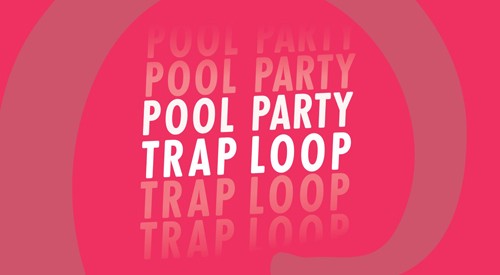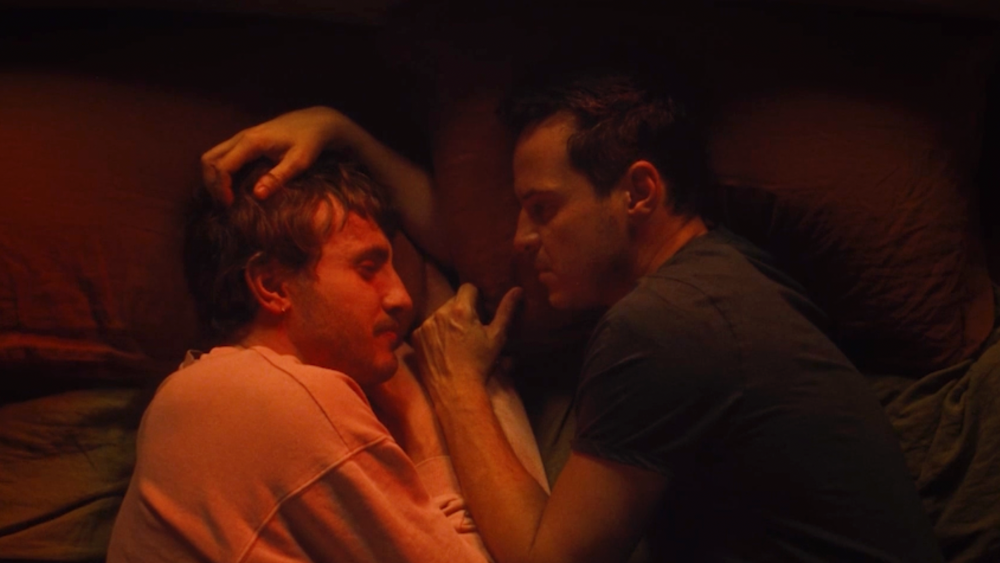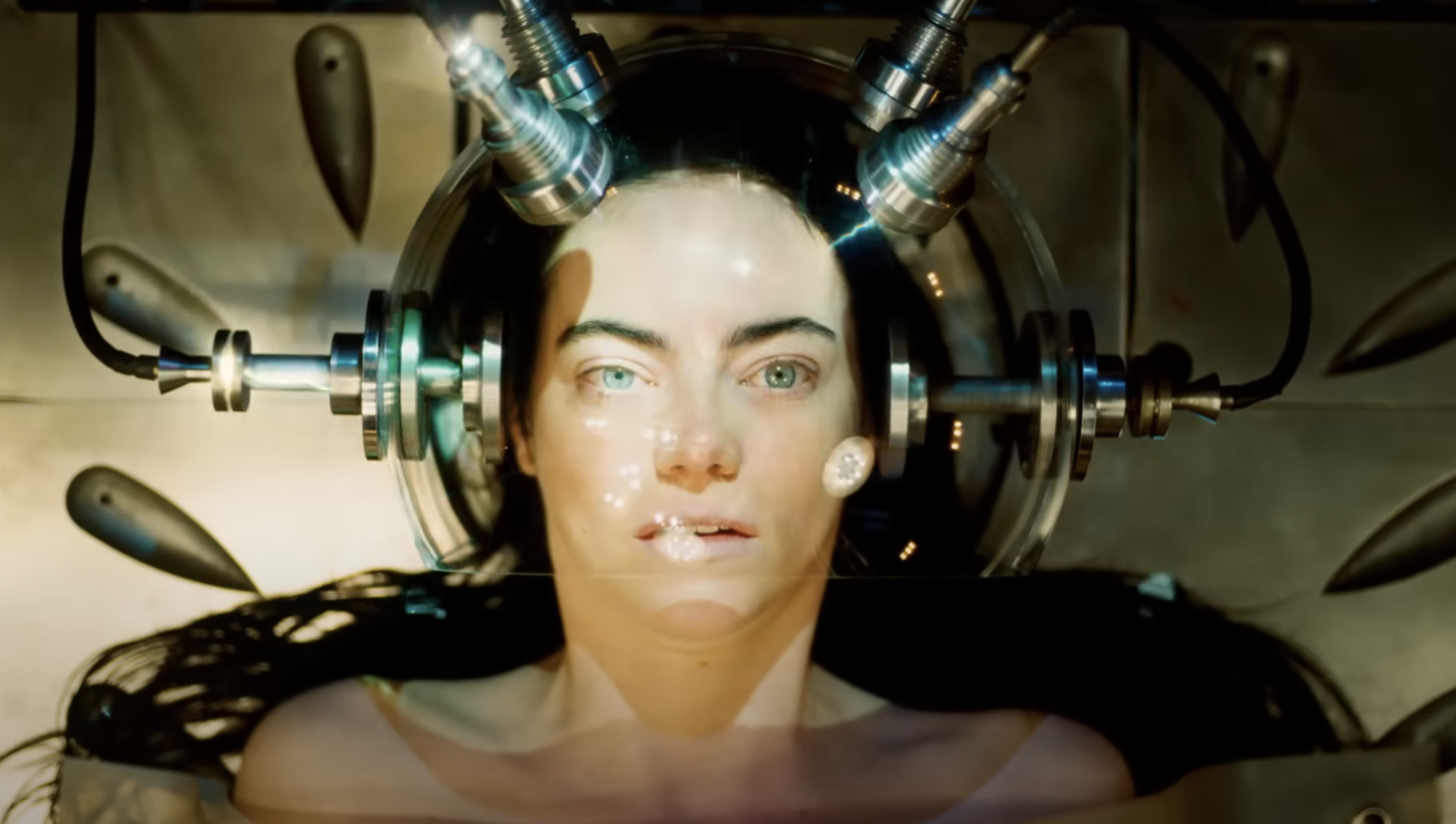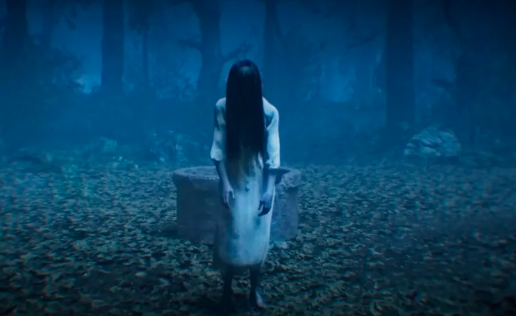Reading Lists
007 Things You Don’t Know About the James Bond Books
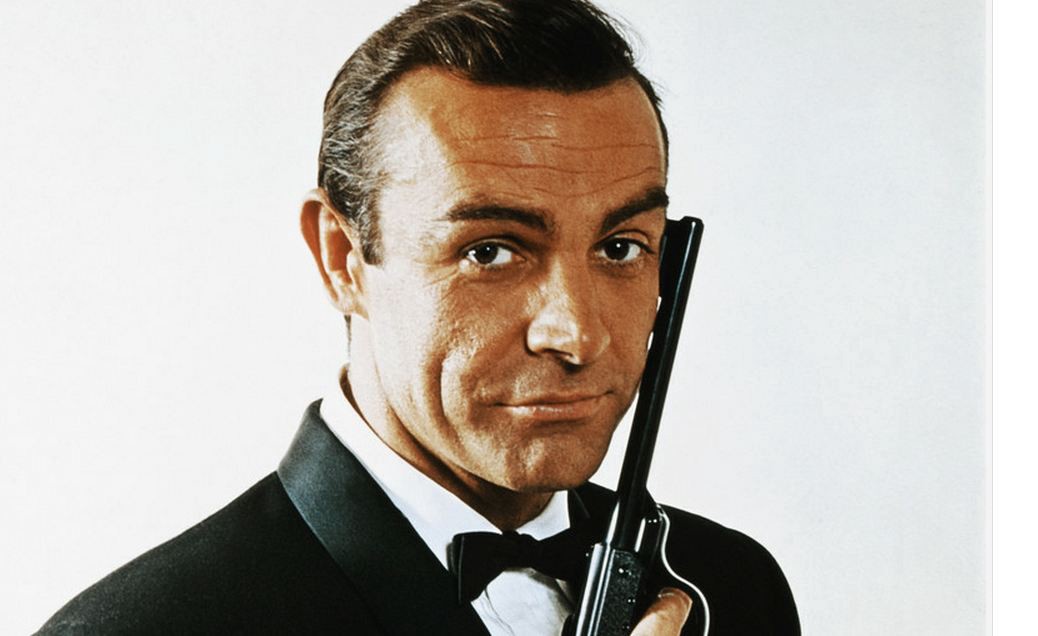
Like a bizarre anachronism created by a rift in time, the hard-living, woman-seducing, martini slugging James Bond endures somehow. This weekend will see the debut of Spectre, the 24th “official” film starring the slick spy with the code name 007. But, even if you’re up on all these movies, how’s your dossier on the literary James Bond? Here are seven facts about Bond books which — while easily verifiable — seem positively top secret.
James Bond Doesn’t Actually Kill People Very Often
Brandishing his gun all the time might be the zeitgeist image of James Bond, but all of that shooting of random henchmen is definitely more a movie (or videogame) thing. In the novels, Bond obviously has a license to kill, but the action of the books usually comes from him doing a lot of spying, rather than killing. In the movies, it’s like Bond is an assassin first and a spy second. In the books, it’s the reverse. Author Ian Fleming also attempts a degree of realism with the novels because, you know, if you were pulling your gun out all the time, that would attract attention. In some of the books, Bond will even leave his gun in his hotel room because he knows it might cause more trouble than it should! In Moonraker, he doesn’t even fire it! Not once!
Roald Dahl is Connected to Bond
Beloved author and star of your childhood Rolad Dahl was totally buddies with Bond creator Ian Fleming. Not only did he write the screenplay for the Bond film You Only Live Twice, he also adapted Fleming’s children’s book Chitty Chitty Bang Bang into a film. Other than adaptations of his own stuff, these are the only screenplays Dahl wrote.
Bond Got His Name from an Author of Bird-Watching Books
At his private island resort in Jamaica — called Goldeneye — Ian Fleming liked watching birds. When he was trying to come up with a name for his new protagonist, Fleming wanted something that was super boring in order to allow the reader to relate to the character, or at the very least, not focus on the name. Luckily, Fleming had a copy of a book called Birds of the West Indies written by an American ornithologist with the moniker…Bond, James Bond.
One James Bond Short Story Barley Features James Bond
Considered to be one of the worst Bond films of all time, Quantum of Solace derives its name from a short story called “Quantum of Solace.” Collected with other Bond short stories in For Your Eyes Only, this has got to be the weirdest James Bond story of them all. In it, Bond is at a glorified dinner party, basically keeping an eye on some local dignitaries in Nassau. He’s super-creeped out by everyone’s new money (Book Bond hates rich people) and wants to go home. Suddenly, an older guy wants to tell him a story! And then the short story is just about this guy’s tale about a fairly ordinary person who has an unhappy marriage. This is Ian Fleming’s attempt at writing a tragic (and dullish) love story. For narrative frame, Bond occasionally will pop back into the narrative to nod or say “go on,” but really it’s clearly a short story that Ian Fleming wrote with more literary aspirations and then sort of threw Bond in there to make it marketable.
Most of the Films Can Hardly Be Called “Adaptations” of the Novels
With the exceptions of Thunderball, On Her Majesty’s Secret Service, Casino Royale, and Goldfinger, the vast majority of the Bond novels have very little in common with their big-screen counterparts. Plus, after the Timothy Dalton 1987 Bond film The Living Daylights, none of the titles of the movies are taken from Fleming novels or short stories until 2006’s Casino Royale and the aforementioned Quantum of Solace. However, almost none of these films bills itself as being based on the books themselves, but rather inspired by Ian Fleming’s idea of Bond. In the case of Moonraker, a novelization of the screenplay was released, which would be like a Harry Potter film deviating so much from the source material that the novelization had to be written by someone other than Rowling. In both Moonraker books, James Bond doesn’t really drink martinis.
Of all the contemporary Bond films, Casino Royale is easily closest to its source material. In the book, Bond was gambling at a high-stakes casino to take an agent with Russian ties out of the picture. In the movie, the enemy at the poker table isn’t communism, but terrorism. So, if you’re reading one of the books and then turning around and watching the movie, Casino Royale remains the most satisfying experience, because the film does what good adaptations rarely achieve: stay close to the source material while actually improving upon it.
The Novels Occasionally Employ Different POVs
In most all the novels, Fleming employs a pretty standard close-third person point of view with James Bond. Obviously, if there was a roving, omniscient point of view, we’d be forced to get into the heads of all these poor people who have to put up with this guy! However, there are some interesting exceptions. In the first Bond novel ever, Casino Royale, right after he meets Vesper Lynd, Bond leaves to go take a shower or something. The novel briefly switches to a close third with Vesper right before an explosion happens. And if that wasn’t enough, the entire novel The Spy Who Loved Me is written in a 1st person point of view of “Vivienne Michel,” a woman who — you guessed it — falls in love with Bond when he shows up at a ski lodge. The Spy Who Loved Me also boasts an intro from Ian Fleming in which he asserts that the manuscript was sent to him by “Vivienne,” and that he was shocked to discover she’d had a fling with Bond. Fleming, then, becomes the uber-metafiction narrator: like John Watson spliced with Lemony Snicket.
Spectre Is Connected to Bond’s Literary Legal Woes
This newest Bond film is all about 007 squaring off against “Spectre,” an evil conglomerate of bad guys who love wearing rings with octopuses on them. Bond’s first evil organization in the novels was called SMERSH, which was mostly a Russian counter-intelligence outfit. For Thunderball, Fleming created Spectre, partially because he feared having a Cold War era antagonist would hopelessly date his novels. (Amazing to think Fleming actually worried about Bond being dated. Let that sink in.) Bizarrely, Thunderball was always conceived of as a film first, and some of the ideas for it — including Spectre itself and the big baddie Ernst Stravo Blofeld — were cooked up by Fleming in collaboration with a guy named Kevin McClory. This was in 1958, way before any real Bond movies got going. Though McClory and Fleming initially planned to work together to release a movie, the pair eventually fell-out and Fleming went off on his own to write a novel version of Thunderball based on his own script. By the time the movies became giant hits, Kevin McClory and later, his estate, were able to legally prove elements of Thunderball were not the intellectual property of Danjaq productions. (The company behind the majority of the “real” Bond movies.) This meant that after 1971’s Diamonds Are Forever, “Spectre” and “Blofeld” do not appear (or are not named) in official James Bond movies. It wasn’t until 2013 that the McClory estate settled with Danjaq and MGM to allow the existence of a new Bond film featuring Spectre.
In the interim, however, a 1983 film was released called Never Say Never Again starring Sean Connery as James Bond! This movie isn’t considered by Bond aficionados as one that “counts” because it takes place outside of the regular Bond movie canon. Weirder still, it’s just a straight-forward remake of Thunderball. Even WEIRDER: Never Say Never Again is directed by Irvin Kershner, famous for directing The Empire Strikes Back. If you’ve never seen Never Say Never Again, you never need to.
Spectre is out in wide-release now. James Bond books are everywhere! If you’re going to pick one up, I recommend starting with Casino Royale or Moonraker.





